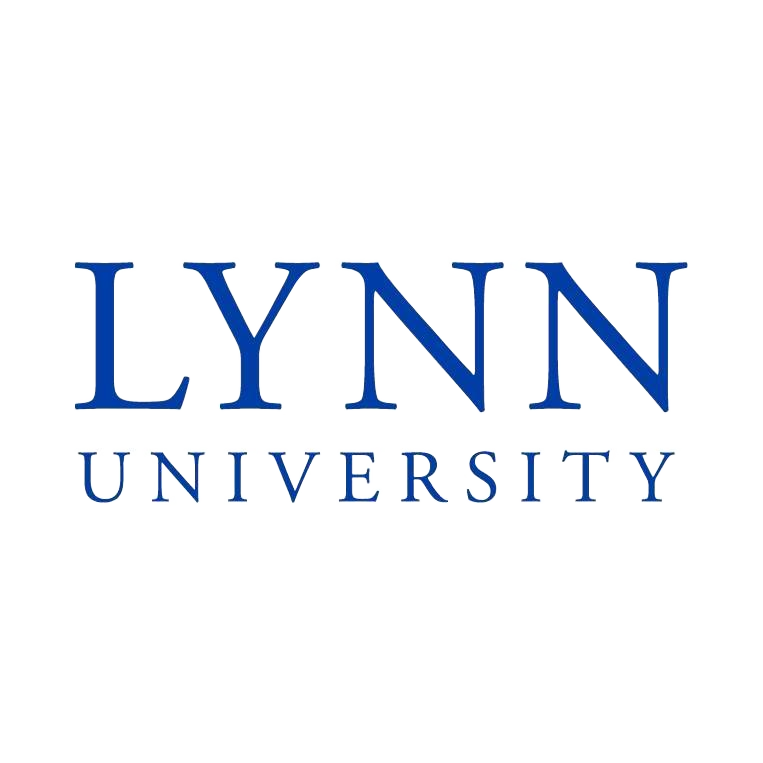
Financial aid (may be available)

Financial aid (may be available)

Financial aid (may be available)

No cost info

No cost info

Financial aid (may be available)

Financial aid (may be available)

Financial aid (may be available)

Financial aid (may be available)

Financial aid (may be available)

Financial aid (may be available)

No cost info
“Dreambound platform was very easy to understand and navigate!”
Kayla H
Gainesville, FL

No cost info

No cost info

No cost info

No cost info

Financial aid (may be available)

Financial aid (may be available)

Financial aid (may be available)

Financial aid (may be available)

Financial aid (may be available)

Financial aid (may be available)
$3,286 total

$2,730 total
No cost info
No cost info
No cost info

Financial aid (may be available)
$649 total
Are you interested in a career in human resources? Do you live in Durham and want to find the best Human Resource Administration classes near you? Look no further! In this blog post, we will explore what Human Resource Administration is, the training requirements, what to look for in a class, what to expect from the day-to-day class, the certification process, how to find related jobs, and what other classes you can take after becoming a Human Resource Administrator.

Human Resource Administration is the management and coordination of the administrative functions of an organization's human resources department. This includes tasks such as:
Human Resource Administrators play a crucial role in supporting the organization's employees and ensuring that the organization is compliant with legal requirements. They are responsible for managing employee records, handling employee grievances, and implementing policies and procedures related to hiring, compensation, and employee relations.
To become a Human Resource Administrator, you will need to complete a training program that provides you with the necessary knowledge and skills to succeed in this field. While there is no specific degree requirement for entry-level positions, many employers prefer candidates with a bachelor's degree in human resources or a related field.
In addition to formal education, it is also important to gain practical experience in the field. This can be done through internships, part-time or full-time work in human resources, or volunteering for organizations that offer HR services.
When looking for Human Resource Administration classes near you in Durham, there are a few key factors to consider:
Accreditation: Ensure that the class or program you choose is accredited by a recognized accrediting body. This ensures that the program meets certain quality standards and that the credits earned can be transferred to other institutions if needed.
Curriculum: Review the curriculum of the class or program to ensure that it covers all the necessary topics and skills required for a career in Human Resource Administration. Look for classes that cover areas such as recruitment and selection, compensation and benefits, employee relations, and employment law.
Instructor Qualifications: Research the qualifications and experience of the instructors who will be teaching the class. Look for instructors who have practical experience in the field and who are knowledgeable about current trends and best practices in Human Resource Administration.
Class Size: Consider the class size and student-to-instructor ratio. Smaller class sizes often allow for more personalized attention and interaction with the instructor.
Flexibility: If you are currently working or have other commitments, consider classes that offer flexible scheduling options, such as evening or weekend classes, or online classes that allow you to complete the coursework at your own pace.
Cost: Consider the cost of the class or program and whether it fits within your budget. Keep in mind that investing in your education is an investment in your future career.
Human Resource Administration classes typically provide a combination of theoretical knowledge and practical skills. Here are some things you can expect from the day-to-day class:
Lectures: You will attend lectures where the instructor will cover the key concepts and theories related to Human Resource Administration. These lectures may include presentations, discussions, and group activities.
Case Studies: You may be assigned case studies that require you to analyze real-world scenarios and apply the concepts you have learned to solve HR-related problems.
Group Projects: You may be required to work on group projects where you will collaborate with your classmates to complete assignments and develop solutions to HR challenges.
Guest Speakers: Some classes may invite guest speakers who are professionals in the field to share their experiences and insights.
Hands-on Activities: Depending on the class or program, you may have the opportunity to participate in hands-on activities such as mock interviews, role-playing exercises, or creating HR policies and procedures.
While certification is not required to work as a Human Resource Administrator, it can enhance your credentials and demonstrate your expertise in the field. There are several professional certifications available for HR professionals, such as the Professional in Human Resources (PHR) certification and the Society for Human Resource Management Certified Professional (SHRM-CP) certification.
To obtain these certifications, you will need to meet certain eligibility requirements, such as having a certain number of years of experience in the field or completing a specific number of hours of HR-related education. You will also need to pass an exam that assesses your knowledge and skills in various areas of HR.
Obtaining a professional certification can increase your job prospects and earning potential. It shows employers that you are committed to your professional development and have the knowledge and skills to effectively perform HR duties.
Once you have completed your Human Resource Administration training, you will be ready to start your career in the field. Here are some tips to help you find related jobs:
Networking: Reach out to professionals in the HR field and attend networking events to expand your professional network. Many job opportunities are found through personal connections.
Online Job Boards: Utilize online job boards such as LinkedIn, Indeed, and Glassdoor to search for HR job openings. These platforms allow you to filter job postings by location, experience level, and other criteria.
Company Websites: Visit the websites of companies you are interested in working for and check their career pages for job postings. Many companies post job openings directly on their websites.
Professional Associations: Join professional HR associations such as the Society for Human Resource Management (SHRM) or the International Public Management Association for Human Resources (IPMA-HR). These associations often have job boards and other resources for HR professionals.
Recruitment Agencies: Consider registering with recruitment agencies that specialize in placing HR professionals. These agencies can help match you with job opportunities that align with your skills and experience.
After becoming a Human Resource Administrator, there are several other classes you can take to further enhance your skills and knowledge in the field. Some options include:
Advanced Human Resource Management: This class focuses on advanced topics in HR, such as strategic HR planning, organizational development, and HR analytics.
Employment Law: This class covers the legal framework governing the employer-employee relationship, including topics such as discrimination, harassment, and wage and hour laws.
Compensation and Benefits: This class delves into the design and administration of employee compensation and benefits programs, including topics such as salary structures, incentive plans, and employee benefits.
Employee Relations: This class focuses on managing employee relations, including topics such as conflict resolution, employee communication, and employee engagement.
Training and Development: This class explores strategies and techniques for training and developing employees, including topics such as needs assessment, training design, and evaluating training effectiveness.
Taking additional classes can help you stay updated on the latest trends and best practices in HR and can also open up new career opportunities and paths for advancement.
Human Resource Administration is a dynamic field that offers opportunities for growth and advancement. By completing the necessary training and gaining practical experience, you can start a rewarding career in HR. Remember to consider factors such as accreditation, curriculum, instructor qualifications, class size, flexibility, and cost when choosing a class or program. Obtaining a professional certification can also enhance your credentials and job prospects. Once you have completed your training, utilize networking, online job boards, and professional associations to find related job opportunities. And don't forget to continue your professional development by taking additional classes to further enhance your skills and knowledge in the field. Good luck on your journey to becoming a Human Resource Administrator!
Dreambound is your go-to for city-specific guides if you're starting in this field. And if you're in another location or considering a change, we've written several others as well.
Thinking about making a big change in your career path? It's important to be well-informed before starting off on your journey. Dreambound has written hundreds of in-depth guides to help. Explore some of these resources below.
Dreambound's platform allows prospective students to find the right educational program for them through searching, filtering, and connecting with our extensive selection of career & technical education partners.
Dreambound has over 70 programs across healthcare, technology, business, and industrial trades. This includes programs such as Medical Billing, Cybersecurity, and welding.
Some of our schools offer financial aid for those who qualify. Many others offer payment plans, where you can pay the cost of class over time.
Yes, Dreambound offers many online programs. On Dreambound's search, you can filter by online, in-person, and hybrid (part online, part in-person).
Dreambound is completely free for you to use! We are supported by schools and organizations who pay to advertise on our website, so we can offer all of our career resources for free.